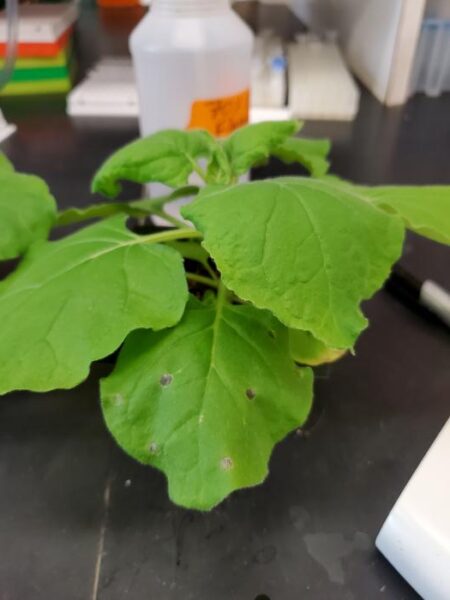Scientists at the University of California, Berkeley, and the University of California, Davis, have successfully reprogrammed plants to produce a diverse array of human milk sugars, a crucial component of breast milk that is currently lacking in most infant formulas. The findings, published today in the journal Nature Food, could lead to the development of healthier and more affordable formula for babies, as well as more nutritious non-dairy plant milk for adults.
Worldwide, approximately 75% of babies drink infant formula in their first six months of life, either as a sole source of nutrition or as a supplement to breastfeeding. However, while formula provides essential food for growing babies, it currently does not replicate the full nutritional profile of breast milk, particularly the unique blend of approximately 200 prebiotic sugar molecules that help prevent disease and support the growth of healthy gut bacteria.
Harnessing the Power of Plants to Make Human Milk Sugars
“Plants are these phenomenal organisms that take sunlight and carbon dioxide from our atmosphere and use them to make sugars. And they don’t just make one sugar — they make a whole diversity of simple and complex sugars,” said study senior author Patrick Shih, an assistant professor of plant and microbial biology and an investigator at UC Berkeley’s Innovative Genomics Institute. “We thought, since plants already have this underlying sugar metabolism, why don’t we try rerouting it to make human milk oligosaccharides?”
To convince plants to make human milk oligosaccharides, study first author Collin Barnum engineered the genes responsible for the enzymes that make the specific linkages found in these molecules. Working with collaborators at UC Davis, he then introduced the genes into the Nicotiana benthamiana plant, a close relative of tobacco. The genetically modified plants produced 11 known human milk oligosaccharides, along with a variety of other complex sugars with similar linkage patterns.
Overcoming Challenges in Large-Scale Production
Currently, a small handful of human milk oligosaccharides can be manufactured using engineered E. coli bacteria. However, isolating the beneficial molecules from other toxic byproducts is a costly process, and only a limited number of baby formulas include these sugars in their mixtures.
As part of the study, Shih and Barnum worked with collaborator Minliang Yang at North Carolina State University to estimate the cost of producing human milk oligosaccharides from plants at an industrial scale and found that it would likely be cheaper than using microbial platforms.
“Imagine being able to make all the human milk oligosaccharides in a single plant. Then you could just grind up that plant, extract all the oligosaccharides simultaneously and add that directly into infant formula,” Shih said. “There would be a lot of challenges in implementation and commercialization, but this is the big goal that we’re trying to move toward.”
The study’s findings represent a significant step towards closing the nutritional gap between breast milk and infant formula. By harnessing the power of genetically engineered plants to produce human milk oligosaccharides, researchers hope to develop more nutritious and affordable options for babies and adults alike. While challenges remain in scaling up production and bringing these products to market, the potential benefits for public health are substantial.


